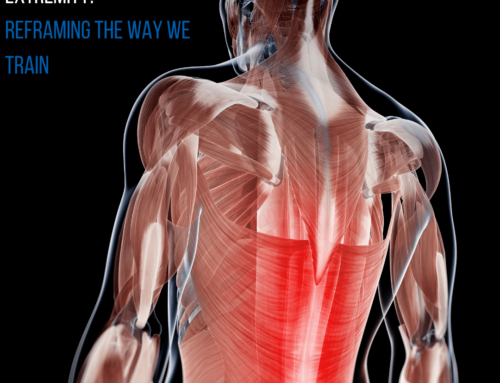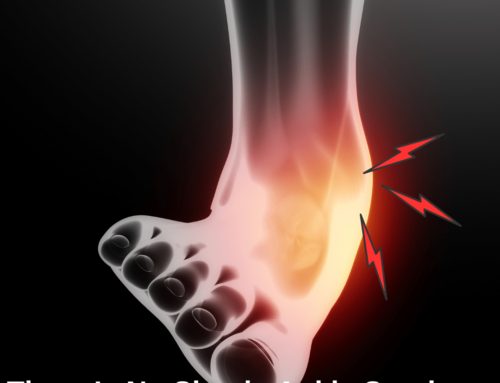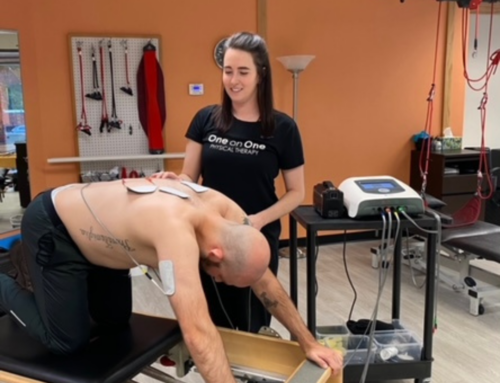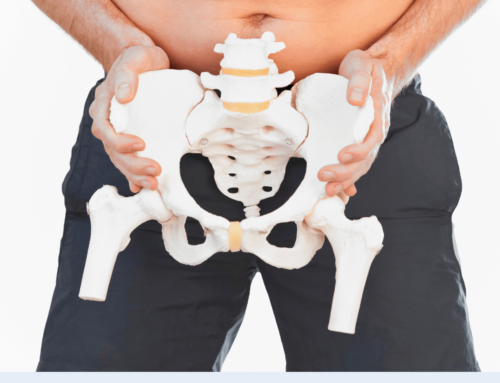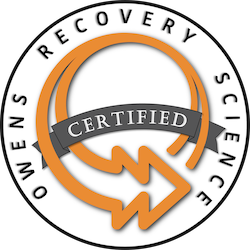Pesky Pelvic Floor
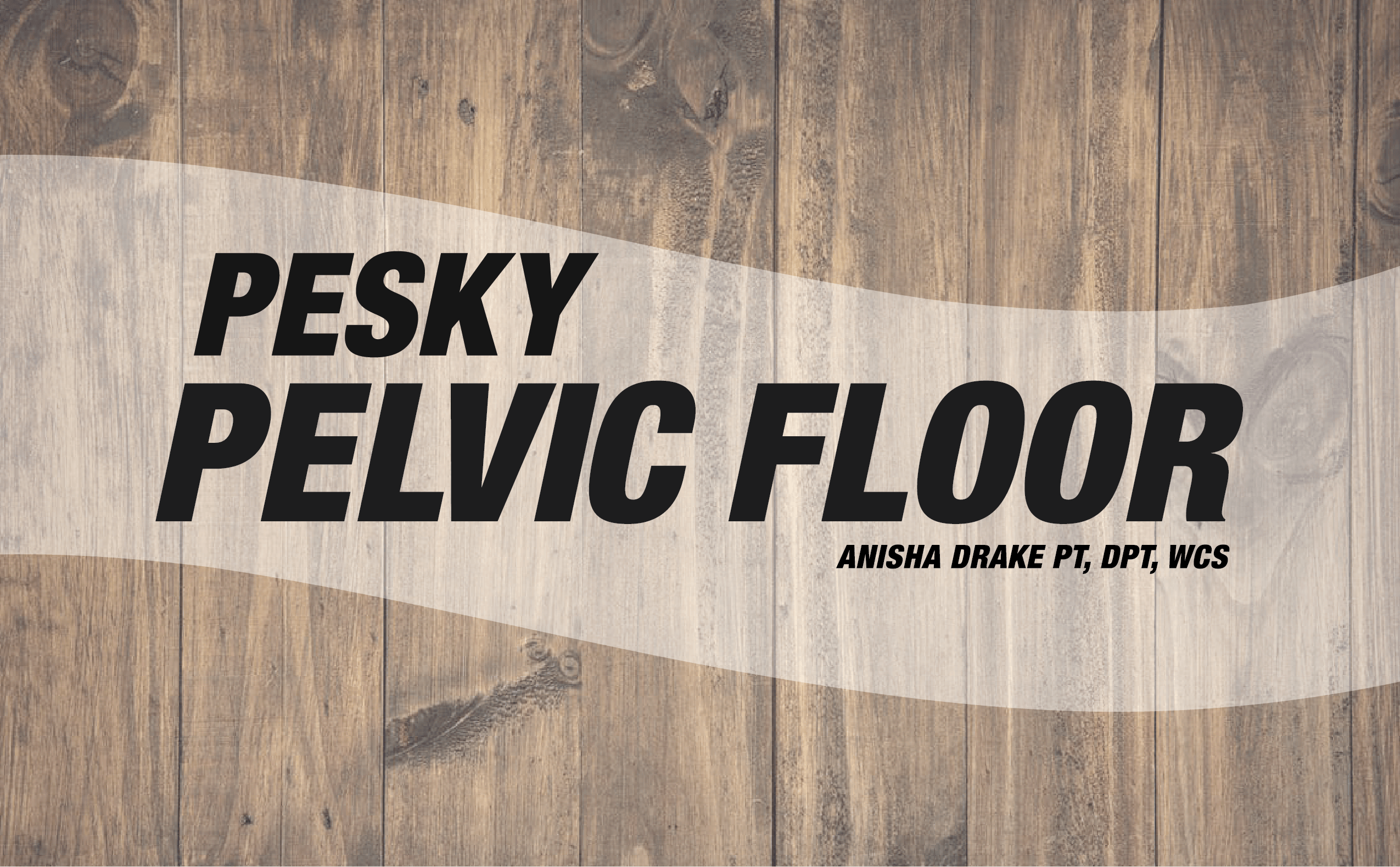
When we learn about our body we tend to focus on certain muscles, and not realize other muscles exist. Today we are going to highlight the pelvic floor. The pelvic floor is the muscle on the bottom of your core. It is charge of supporting your back, organs and sending important messages to your brain.
The pelvic floor comes in three layers. The first layer is for sensation, when working correctly helps with orgasm and some continence control. When tight and dysfunctional signs to look for include: pain with intercourse and/or a false bladder urgency.
The second layer is the sphincter layer. This is in charge of the regulation of going to the bathroom. When it contracts urine/ bowels cannot flow freely, and when it relaxes, it signals the bladder/ bowels to let go to the bathroom. When the second layer is dysfunctional and tight the symptoms will be urinary urgency, unable to empty the bladder or constipation. When the second layer is dysfunctional and lax there might be stress incontinence, or flatulence.
The third and final layer is for support. This helps our back, organs and diaphragm to work correctly. When this layer is dysfunctional and tight it can create period like cramps, inhibit the glutes from working and disrupt digestion. If it is dysfunctional and lax the back will not be supported and one may experience organ prolapse.
For females, the pelvic floor is the main support for the bladder uterus and rectum. Because of this, females have a higher occurrence of stress incontinence. Males, on the other hand, the prostate and more rigid pelvis help support the bladder and rectum. This allows males not to have to use the pelvic floor when increasing abdominal pressure. A tight pelvic floor for a male might lead to an inflamed prostate which can increase urinary urgency and decrease fluidity.
As one can see, the pelvic floor, for both sexes, can have a wide range of symptoms that can create frustration. Despite its ability to cause pain and stress, a great quality of the pelvic floor is that it responds quickly to therapy, thus making it easier for you to achieve your goals.
Dr. Anisha Drake is a Board Certified Women’s Health Specialist at One on One Physical Therapy. She treats pelvic pain, post-prostectomies, urinary/fecal incontinence, constipation/ IBS, pelvic congestion, Interstitial Cysitis, diastasis rectus abdominis and endometriosis as well as overactive bladder. Anisha received her Doctor of Physical Therapy from University of Saint Augustine in 2009.
